- Home
-
Ec-Council
- Certified Ethical Hacker (CEH-v12)
- Certified Network Defender (CND)
- Certified Secure Computer User (CSCU)
- Certified Penetration Testing Professional (C-PENT)
- Certified Threat Intelligence Analyst (C-TIA)
- Certified Hacking Forensic Investigator (CHFI)
- Certified Incident Handler (ECIH)
- Certified Web Application Security Tester (WAHS)
- Certified SOC Analyst (CSA)
- CompTIA
- RedHat
- CISCO
- Microsoft Azure
- AWS Cloud
- Contact





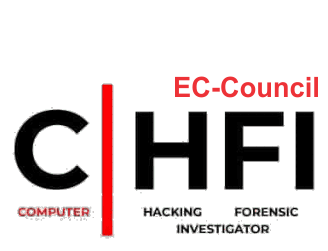
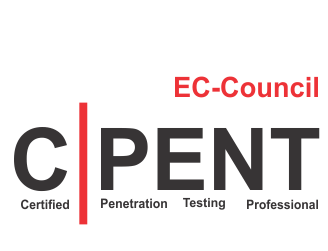


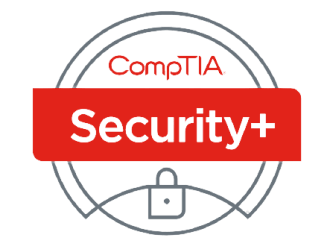
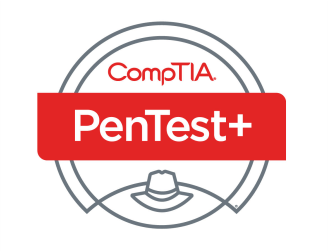
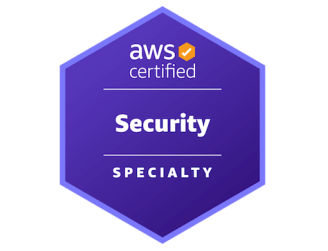
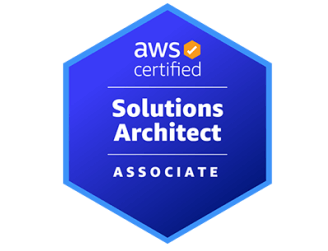















Smith
22 May, 2022"This course exceeded my expectations! The instructor's expertise combined with Level9Security's insights into security practices made it an exceptional learning experience. I now feel well-prepared to tackle complex system management and security challenges."
Sarah Johnson
26 April, 2023"I can't thank the instructor and Level9Security enough for this course. It's comprehensive, well-structured, and the real-world examples from Level9Security were eye-opening. I feel confident in my system management and security skills."
Emily Martinez
03 July, 2023"I passed the course with flying colors, all thanks to this exceptional training! The instructor's explanations were clear, and the inclusion of Level9Security's insights into security practices was a highlight. I'm grateful for the comprehensive learning experience."